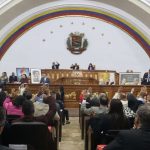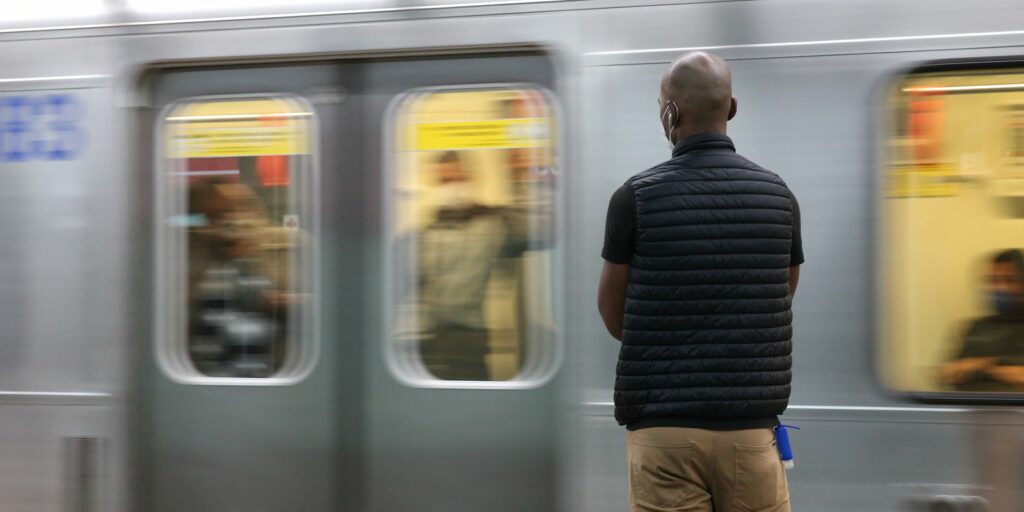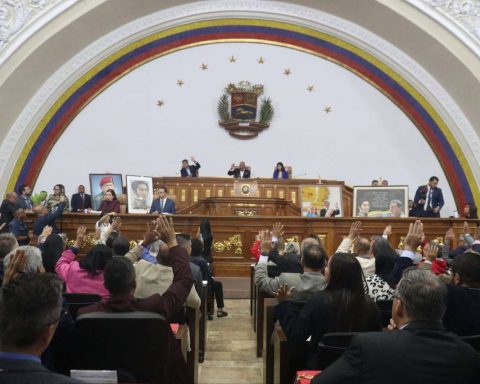Despite the good development that electronic payment systems have achieved in the country, especially after the pandemic, 78.4% of the means used are cash.
(Frequency of digital payments is still low, according to Mercado Pago).
This result is one of those produced by a survey commissioned by the Bank of the Republic and which accounts for the progress of digitization that has allowed the development of a fintech ecosystem and the boost that the traditional financial system has also had.
The survey found that cash is the preferred form of payment in regular low-value transactions, and that businesses perceive that cash is the payment method most used by their customers.
The Issuer says that since many cash transactions do not leave a ‘trace’, as electronic instruments do, it is important to understand the evolution of the use of cash, the reasons for its preference, and the importance that other payment instruments.
(Despite the progress of digitization, 60% of payments are in cash).
It is also interesting to look at how the pandemic affected payment habits as a result of lockdowns and other mobility restrictions.
Regarding the number of transactions, the survey found that public perception for the national total indicates that cash is the most used instrument (78.4%), followed by electronic transfers (12.6%), debit card (7.9%) and credit card (1.2%).
The results of the survey show that for the large capitals there are important differences.
Bogotá appears as the city where the lowest use of cash is perceived (67.5%) and the highest use of electronic transfers (17.5%), while, in cities such as Cali, Medellín, and especially in Barranquilla (85 4%), the use of cash is considerably higher, as opposed to the use of debit cards and electronic transfers.
According to a document, edited by Jorge Toro, among the main reasons that justify the greater preference for cash are the ease and speed of paying; the possibility of reusing it and using it to make small purchases or on the street.
The survey also showed that the pandemic significantly reduced the importance of cash as a payment instrument, by decreasing its use by the population, from 88.1% in 2019 to 78.4% in 2022, by number of transactions.
(Means of payment industry in Latin America will grow at 8.3%).
In contrast, says the survey, the use of electronic transfers had a significant boost, increasing its participation to 12.6% in 2022, almost five times higher than that registered in 2019 (2.7%). Indeed, 16.5% of the public surveyed and 22.8% of businesses stated that they used electronic payments for the first time during the pandemic.
In this way, the preferences described are reflected in the distribution of the possession of means and financial instruments of payment, which highlight the predominance of savings accounts, electronic deposits and debit cards, in contrast to the scant importance of checking accounts and the checkbook, which used to be a close substitute for cash in the past.
In general, 56.9% of the population answered having at least one financial product, which indicates that there is still a high proportion of the public (43.1%) that does not use any financial product.
The results of the survey by socioeconomic stratum show that as this increases, the greater the proportion of the population with debit and credit cards and in those with low income, “the use of electronic means of payment and the possession of bank accounts and other financial assets continue to be precarious”.
From the point of view of commerce, cash is the most widely accepted instrument, with exceptions such as in the case of some public transport services (SITP; feeders; Transmilenio, and the like). Regarding payment instruments other than cash, hypermarkets and service stations stand out, in which the acceptance of debit and credit cards exceeds 90%. Electronic transfers have a high degree of acceptance.
The survey records progress in the adoption of electronic payment instruments that replace cash and stimulate the possession of means of payment (for example, electronic deposit and savings accounts) that improves the traceability of economic transactions and favors intermediation financial.
BRIEFCASE


















